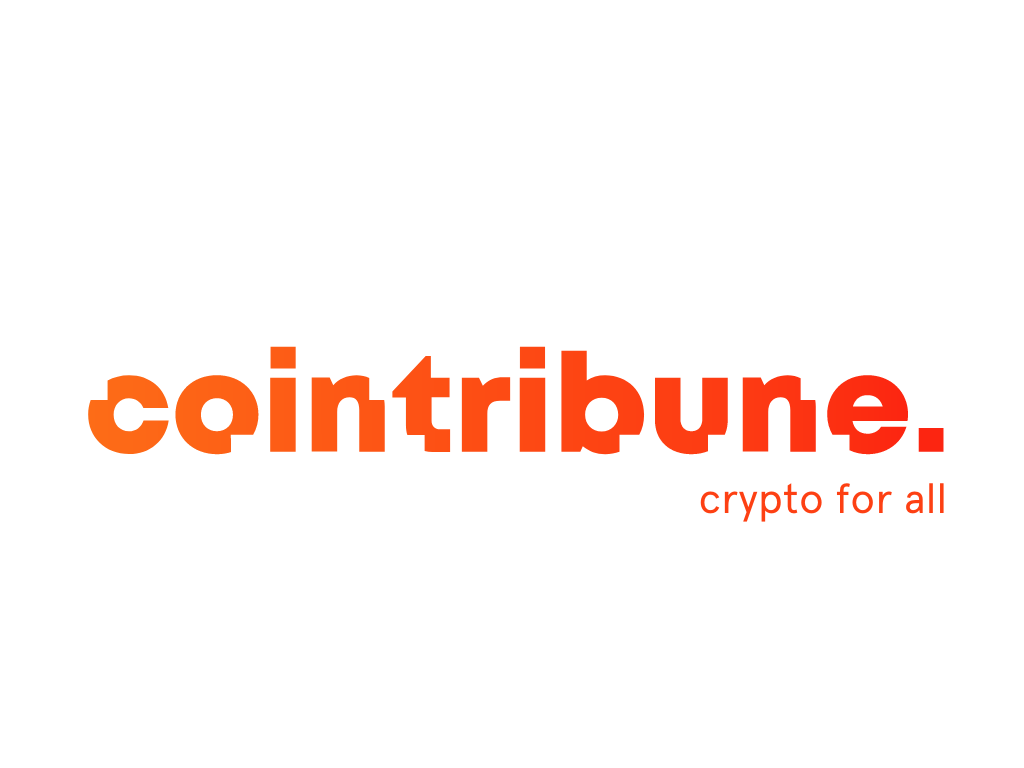Crypto: Canada Approves First Solana Spot ETFs With Staking
1
0
Canada has just created a global precedent with the approval of the first spot ETFs backed by Solana (SOL), with staking option. While the United States struggles to go beyond Bitcoin and Ethereum, this Canadian initiative propels Solana to the rank of institutionalized asset, marking a clear break in the hierarchy of listed cryptocurrencies. This is a strong signal for an ecosystem that has long been relegated to the background.

A first worldwide for Solana: spot ETFs with staking
According to Eric Balchunas, analyst at Bloomberg, several Solana-backed spot ETFs (SOL) will enter the Canadian market on April 16, 2025, a first worldwide for an asset other than Bitcoin or Ether.
In a confidential note shared on the social network X (formerly Twitter) by Balchunas on April 14, 2025, TD Bank indicates that the Ontario Securities Commission (OSC) has approved the requests from Purpose Investments, Evolve ETFs, CI Financial, and 3iQ Corp.
These funds will have the particularity of being able to stake a part of the SOL held to generate an additional yield, an unprecedented configuration in the sector of crypto ETFs. Balchunas comments on this launch as “the beginning of the race for altcoins before our eyes”. He emphasizes that a symbolic milestone has been crossed in opening regulated markets to altcoins.
The Ontario regulator confirmed that this approval is part of a regulatory update published in January, which now allows Canadian public funds to expose their holders to cryptos, while integrating specific features like staking.
This launch is based on a structure specific to the Canadian system, where each province has its own regulatory authority. Here are the key elements to remember:
- Planned launch date: Wednesday, April 16, 2025.
- Eligible funds: issued by Purpose, Evolve, CI Financial, and 3iQ.
- Product type: Spot ETFs, holding SOL directly (not derivatives).
- Authorized feature: the option for partial staking of SOL to generate returns.
- Regulatory framework: based on an opinion that modifies the rules for listed funds, published by the OSC in January.
This context once again positions Canada as an advanced testing ground for integrating cryptos into mainstream financial products, well ahead of its American or European neighbors.
A dynamic that could accelerate global adoption
While Canada advances in the regulatory field, the United States remains more cautious. The Securities and Exchange Commission (SEC) has so far only approved spot ETFs on Bitcoin and Ethereum, explicitly excluding any staking function.
This divergence indicates the more daring approach of Canada, which could become a testing ground for ETF based on altcoins. Indeed, the American regulatory framework currently does not allow for the integration of staking into ETFs.
On the ground, signs indicate that institutional investors are already preparing for these new products. Significant movements of SOL tokens have been observed on exchanges, suggesting anticipations related to the launch of these ETFs.
These signals could indicate an increasing demand, particularly from professional investors seeking diversified exposure to the crypto market. The novelty of ETFs with staking also introduces a hybrid model between passive yields and stock market products, likely to attract a broader audience.
If this Canadian strategy proves effective, it could influence the decisions of international regulators, especially in the United States, where several applications for Solana spot ETFs are still pending approval. Grayscale, VanEck, 21Shares, and other actors hope for a green light by the end of this year, a likelihood currently estimated at 81% by some analysts. If approved, this cross-border dynamic could mark a turning point in how cryptocurrencies are integrated into traditional financial markets. The implementation of these ETFs in Canada could thus serve as a large-scale test for global adoption of the model.
1
0
 Manage all your crypto, NFT and DeFi from one place
Manage all your crypto, NFT and DeFi from one placeSecurely connect the portfolio you’re using to start.







